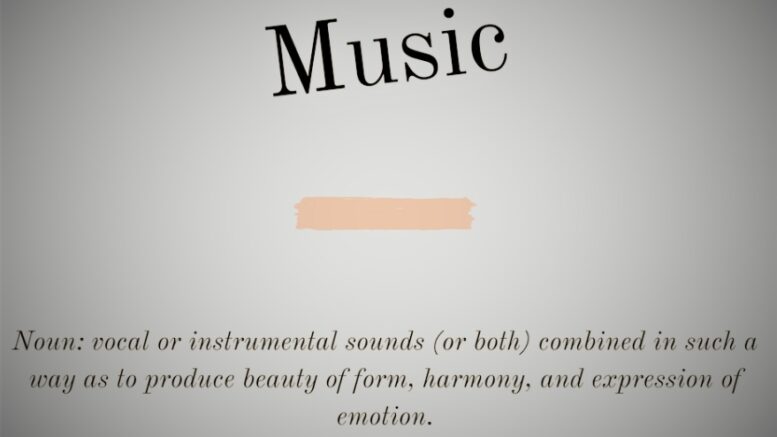Classical music has legions of fans from every corner of the world. Famed for its formality, complexity, and harmonic organization, it’s an art form rooted in centuries of history. Like all art, many benefits are linked to enjoying the medium.
“Classical music is truly remarkable. It has an innate ability to bring our minds back to a memory or elicit feelings and emotions.” – Debra Gudema.
By their very nature, certain classical music pieces tend to resonate with lovers of the art form more than those from other genres. And that’s the real magic of classical music. Globally renowned composer, pianist, singer, and songwriter Billy Joel once said: “I think music in itself is healing. It’s an explosive expression of humanity.”
The famous Piano Man goes on: “It’s something we are all touched by. No matter what culture we’re from, everyone loves music.”
More famous for his pop melodies, he’s also a longstanding classical music lover. It’s further proof, should it be needed, that the magic of this one medium, in particular, is all-encompassing.
An all-encompassing magic
The magic of classical music isn’t just in its beautiful complexity and harmonies. The same magic also exists in how classical works can soothe the soul. As an advocate of encouraging and inspiring a life of kindness and abundance, soothing the soul is one of the many reasons, Debra Gudema believes in the magic of classical music.
Another is the incredible ability of classical music to benefit listeners’ physical health. A British study by the Welsh National Opera in Cardiff, Wales, found that listening to such works has abundant positive health benefits.
Health benefits of listening to classical music
Decreased blood pressure
The Welsh National Opera references a study by Oxford University that reveals classical music’s positive impact on reducing listeners’ blood pressure levels.
The study found that listening to works by Mozart and Strauss for as little as 30 minutes substantially lowered participants’ blood pressure readings. For the best effect, Oxford University’s researchers discovered that classical music without lyrics and featuring only limited changes in rhythm or volume was optimal.
Reduced stress levels
The magic of classical music also extended to helping to lower stress levels. Like yoga, the art form of classical music is understood to reduce stress by influencing cortisol levels in listeners’ bodies. Various studies have also recorded beneficial effects on anxiety, even when classical music is listened to once or twice weekly.
More restful sleep
Elsewhere, it’s widely known that listening to classical music is relaxing. It’s on that basis that embracing the soothing tones of the medium also promotes more restful sleep. Debra Gudema suggests winding down before heading to bed by embracing the magic of classical music on a nightly basis.
Just 30-60 minutes of listening to classical music before bed can reportedly help to improve a night’s sleep considerably. Various studies report a recommended 60 beats per minute for optimum sleep benefits, making the likes of Bach’s Prelude No. 1 a prime candidate for bedtime listening.
For more from Debra Gudema, connect with the nonprofit consultant and classical music enthusiast on LinkedIn.
